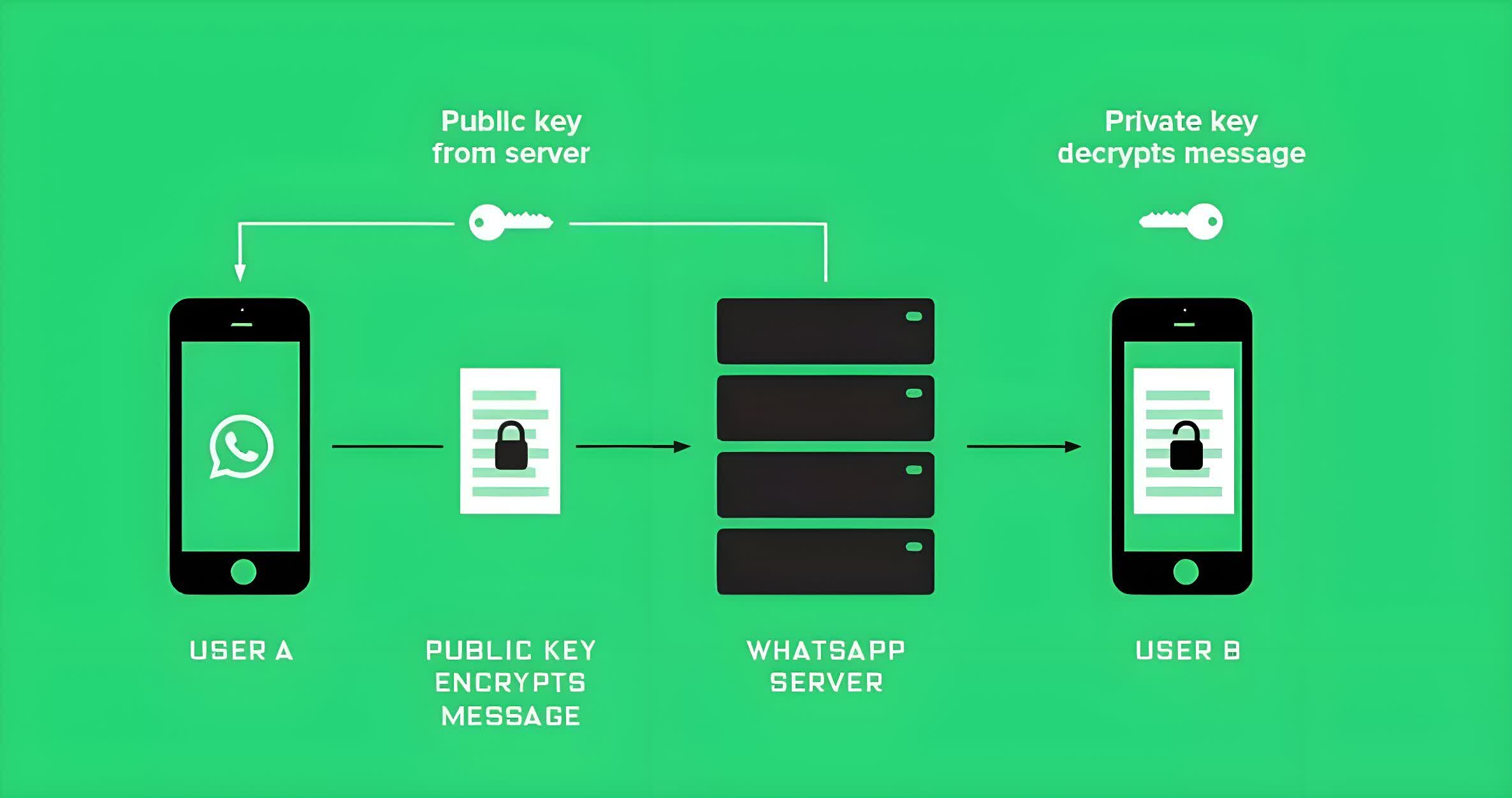TechSpot is celebrating its 25th anniversary. TechSpot means tech analysis and advice you can trust.
What just happened? The UK is finally set to turn the controversial Online Safety Bill into law after it passed the final stages in the House of Lords. The legislation will force social media firms to remove content that is both illegal and legal but harmful, especially to children. Opponents say the bill will undermine the privacy and security of users not only in the UK but also all internet users globally.
The 300-page Online Safety Bill has been around since 2019, when it was focused mostly on addressing illegal content. Since then, the bill has widened its scope to include harmful content such as promoting suicide and self-harm, cyberbullying, animal cruelty, and adult material being accessed by children. It also seeks to crack down on activities such as selling drugs and weapons, inciting or planning terrorism, and content related to sexual exploitation, hate speech, and scams.
Recent additions to the bill cover cyber-flashing and the sharing of deepfake pornography.
“The Online Safety Bill is a game-changing piece of legislation. Today, this government is taking an enormous step forward in our mission to make the UK the safest place in the world to be online,” said Technology Secretary Michelle Donelan.
Social media companies and other platforms that do not remove content covered by the bill quickly enough face fines of up to 10% (or up to £18 million/$22.3 million, whichever is higher) of their annual turnover. Social media executives who repeatedly ignore the rules could face jail time.
The most controversial aspect of the bill allows regulator Ofcom to require platforms to scan messages for illegal content. Messaging services such as WhatsApp have warned that there is no way to change encryption in just one part of the world, leading to both Meta’s service and Signal warning that they could pull their services from the UK if the bill passes.

The UK government recently admitted that it’s impossible to circumvent end-to-end encryption without violating users’ privacy, and would not scan messages unless “appropriate technology” exists. However, the Electronic Frontier Foundation (EFF) warns these assurances aren’t enough to protect the human rights of British people or internet users around the world.
The fact remains that scanning everyone’s messages would destroy privacy as we know it. That was as true last year as it is today. @WhatsApp will never break our encryption and remains vigilant against threats to do so. https://t.co/iHsBOhkp8r
– Will Cathcart (@wcathcart) September 6, 2023
The EFF also warns that age-gating websites violates the fundamental principles of an anonymous internet with simple access. It will also lead to adults losing their rights to free and private speech, according to the foundation. There are warnings that Wikipedia could be age-gated to comply with the rules, forcing the platform to shut down in the country.
>>> Read full article>>>
Copyright for syndicated content belongs to the linked Source : TechSpot – https://www.techspot.com/news/100212-uk-online-safety-bill-set-become-law-impacting.html










